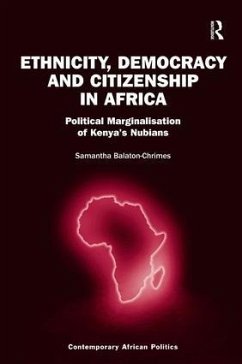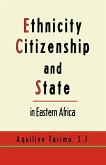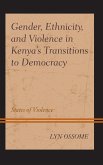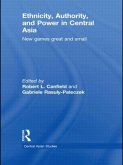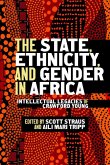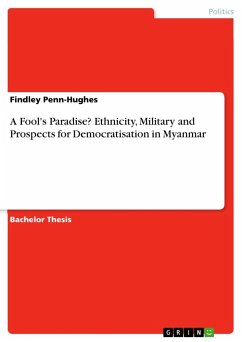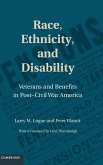This book explores two kinds of citizenship deficits: those experienced by the Nubians in Kenya and, more centrally, those which represent the limits of citizenship theories. The author argues for an understanding of citizenship as made up of multiple component parts: status, rights and membership, which are often disaggregated through time, across geographic spaces and amongst different people. This departure from a unitary language of citizenship allows a novel analysis of the central role of ethnicity in the recognition of political membership and distribution of political goods in Kenya. Such an analysis generates important insights into the risks and possibilities of a relationship between ethnicity and democracy that is of broad, global relevance.
Bitte wählen Sie Ihr Anliegen aus.
Rechnungen
Retourenschein anfordern
Bestellstatus
Storno

